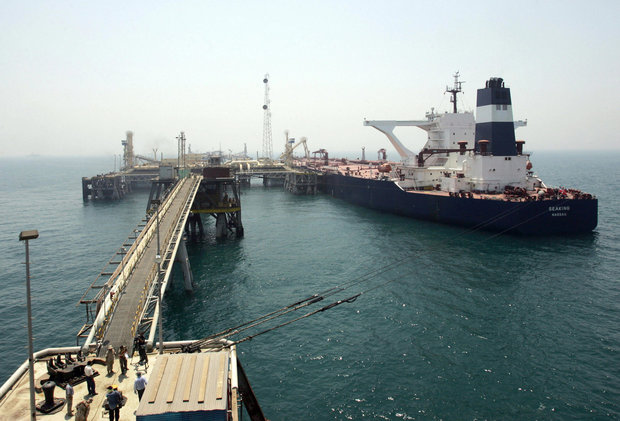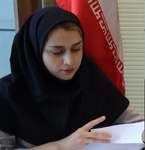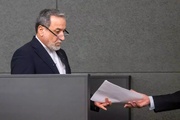Ali Kardor added, “we are not planning on decreasing oil production, and we have even postponed the maintenance operations” in oilfields so as to keep the oil flowing as before.
The official assured buyers of covering insurance to oil vessels, saying, “we will provide a full insurance coverage for oil tankers” shipping Iranian oil to foreign markets.
International insurers, which are mainly US- or Europe-based, have already begun winding down their Iranian business to comply with the US sanctions on Iranian oil which will come into effect from November.
However, Iran has started to offer cargo insurance and tankers operated by Iranian companies in a bid to continue to sell its oil to the major buyers.
Referring to recent negotiations with India on replacing US dollar with rupee in oil trades, he announced that talks over the matter have not been finalized yet.
Kardor, however, stressed that almost all international trade transactions are conducted through banking system not cash.
During a previous round of sanctions, India devised a barter-like scheme acceptable to Washington to allow it to make some oil payments to Tehran in rupees through a small state bank. Iran used the funds to import goods from India.
Referring to china, as the largest buyer of Iranian crude, the NIOC chief said preliminary talks are being held to offer the black gold in the East Asian country’s stocks market.
Kardor touched upon Iran’s oil sale trends, saying, the country has always sold its oil based on long-term contracts and single batch shipments.
“Even Iraq [OPEC’s second largest oil producer] is selling its oil in single batches."
Iran’s average crude exports in spring stood at 2.6 million barrels per day, some 40% of which was headed to Europe and the rest to the Asian nations.
MR/IRN83049886



























Your Comment